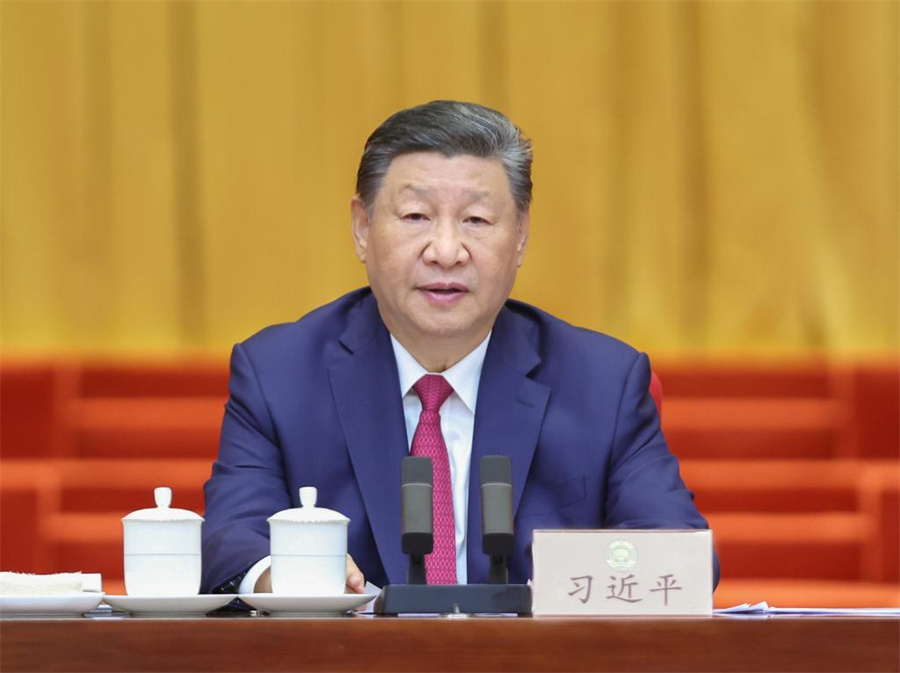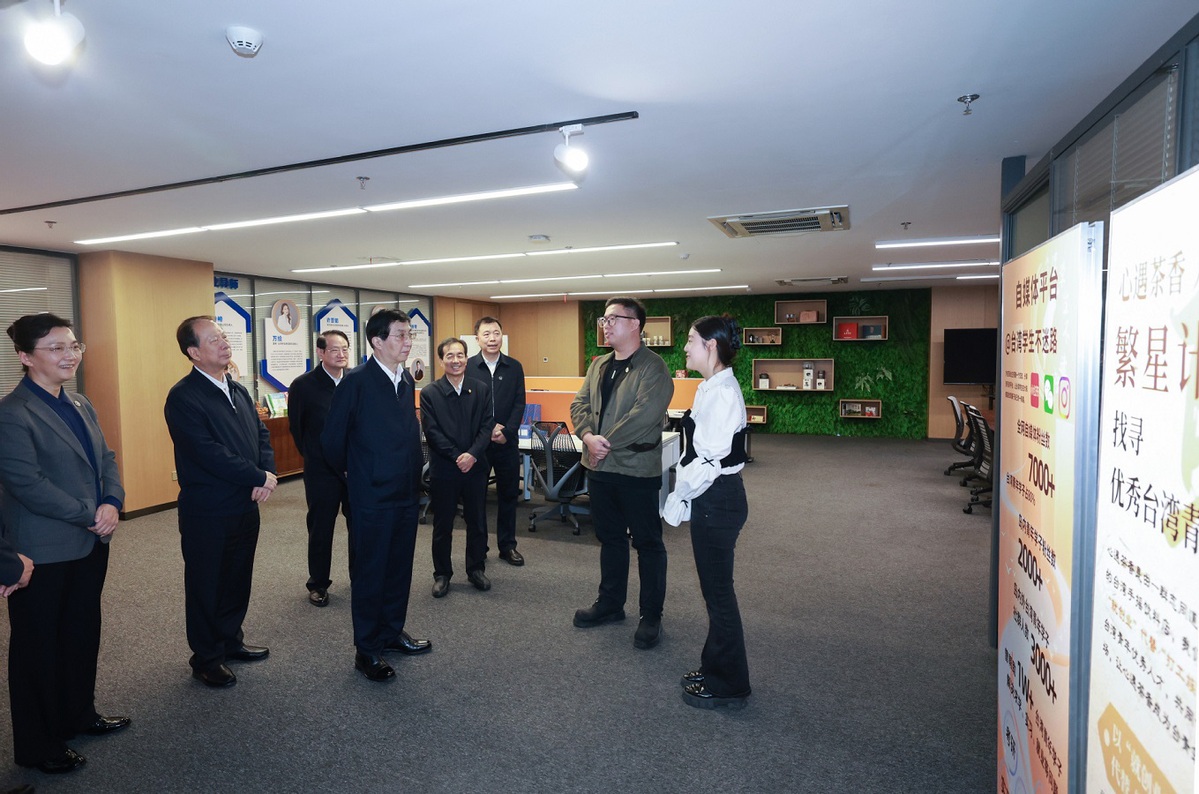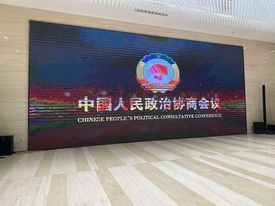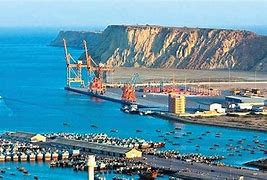President Xi Jinping emphasized maximizing the CPPCC’s political advantage as he addressed a meeting in Beijing on the occasion of the 75th founding anniversary of the Chinese People’s Political Consultative Conference (CPPCC).
President Xi Jinping on Friday emphasized the importance of fully utilizing the key political advantage of the Chinese People’s Political Consultative Conference (CPPCC) in advancing whole-process people’s democracy.
Xi, who is also the general secretary of the Communist Party of China (CPC) Central Committee and chairman of the Central Military Commission, made these remarks during a meeting in Beijing marking the 75th anniversary of the CPPCC’s founding.
Reflecting on the past 75 years, Xi noted that the CPPCC has proven to be an innovative political system, involving political parties, prominent non-affiliated individuals, people’s organizations, and individuals from all social and ethnic backgrounds, all under CPC leadership.
He highlighted that the CPPCC holds unique political value within the country’s political system.
Xi outlined key aspects of the CPC’s strategic thinking regarding the CPPCC’s improvement, including maintaining the Party’s leadership over the CPPCC, strengthening its role as a consultative body, and refining the socialist political party system.
Xi stressed that consultative democracy is a crucial part of whole-process people’s democracy, calling for a conducive environment to continuously expand the development of this democratic process at all levels.
He urged the CPPCC to integrate Party leadership, the united front, and consultative democracy to rally public support for China’s modernization efforts.
Xi encouraged the CPPCC to promote unity and cooperation among political parties, ethnic groups, and social sectors, advancing common political progress and enhancing coordination in action.
The CPPCC should leverage its ability to pool talent and ideas, focusing on major and challenging issues related to China’s modernization and improving consultation and deliberation.

Xi emphasized enhancing political guidance for intellectuals outside the Party, individuals in the non-public sector, those in emerging social classes, and religious figures.
He also highlighted the need to strengthen mechanisms that allow for thorough consultation, the expression of diverse opinions, and reaching broad consensus, while also ensuring the CPPCC reflects public opinion and engages with the people.
Xi urged CPPCC members to improve their understanding of the institution, enhance their skills in consultation on state affairs, and adhere to discipline, rules, and ethical standards.
He called on CPC committees at all levels to strengthen their leadership over the CPPCC’s work.
Moreover, senior CPC officials Li Qiang, Zhao Leji, Cai Qi, Ding Xuexiang, Li Xi, and Vice-President Han Zheng attended the meeting.
Wang Huning – Chair of the meeting
Wang Huning, who is also a member of the CPC Standing Committee and chairman of the CPPCC National Committee, chaired the meeting. He noted that Xi’s speech offers essential direction for the CPPCC’s development in the new era.
Additionally, while visiting cultural landmarks in Ningbo, such as the Ningbobang Museum and the Tianyige Museum, Wang emphasized the crucial role of history and culture in uniting people.

During his visit to the Ningbo Zhoushan Port and Taiwan-funded enterprises, Wang encouraged greater efforts to enhance economic and cultural exchanges between the two sides of the Taiwan Strait, aiming to attract more Taiwanese entrepreneurs and businesses to participate in integrated development.
In Wenzhou, Wang observed local initiatives supporting employment for young Taiwanese and the operations of Taiwan-based companies. He advocated for improving services for Hong Kong, Macao, and Taiwan residents, as well as overseas Chinese.
Wang also met with local CPPCC committees in Ningbo and Wenzhou, where he highlighted the importance of integrating the Party’s leadership with the united front and consultative democracy.
Related Posts

















